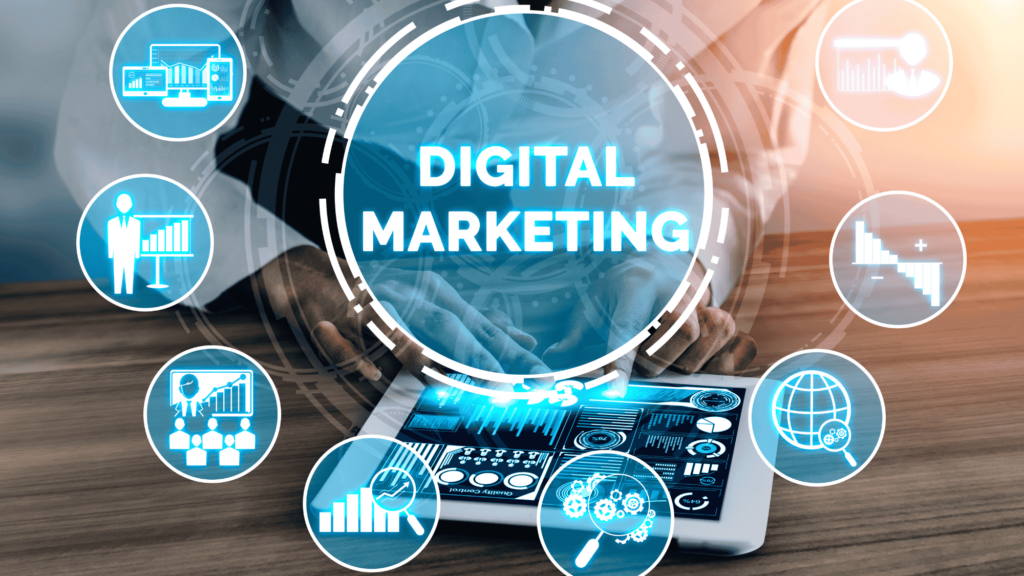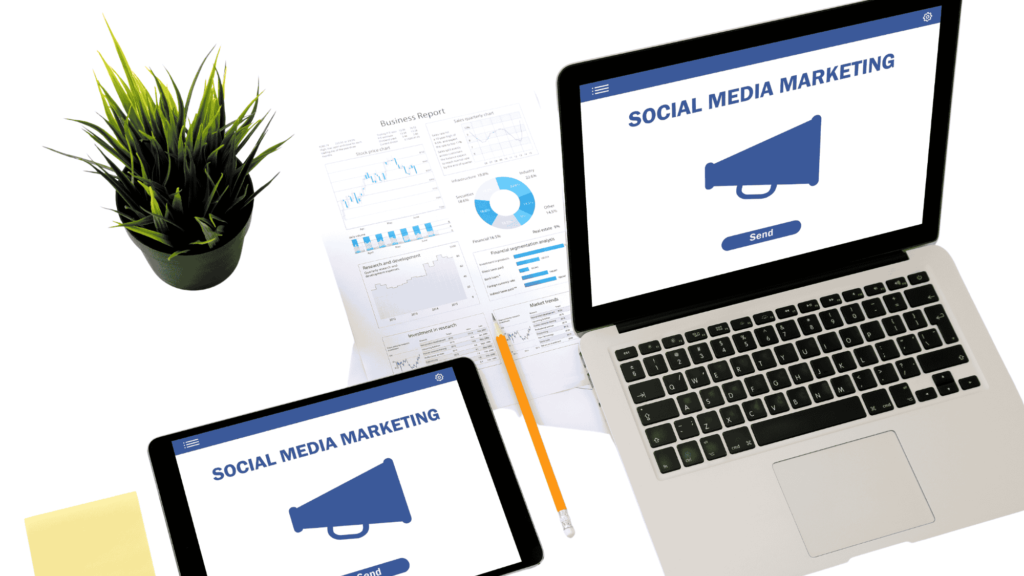How to Use Artificial Intelligence in Marketing Campaigns
Because of new technologies, the consumer experience has changed dramatically from what it was previously. Today, you can check online to see if an item is in stock, receive promotional coupons via email or text, and view promotions for new businesses on social media. Corporate marketing teams are well aware that integrating current technology and data science is critical for increasing customer engagement in content marketing. So, in order to create a successful marketing plan, you should leverage one of the most essential intelligent solutions available: artificial intelligence (AI). Introduction to AI marketing First, let’s define artificial intelligence and discuss what AI marketing is. Artificial intelligence is a sort of computer software that simulates how humans think. AI applications, solutions, and tools are utilized on a daily basis in computer systems such as machine learning, analytics, automation, and big data. AI marketing is a technique by companies use artificial intelligence (AI) tools to tailor content, increase customer engagement, and gather actionable insights, resulting in beneficial business outcomes. Benefits of AI in Marketing There are numerous advantages to incorporating AI into marketing, such as acquiring AI-powered client insights or creating personalized content. There are additional indirect ways that digital marketers profit from artificial intelligence marketing solutions, such as minimizing human errors or increasing workflow efficiency. We grow brands online SourceFind is a premium digital agency specializing in custom websites, branding, and digital marketing. Learn More Gain marketing insights on customer data Data and data tracking are critical for understanding existing and prospective clients. With artificial intelligence marketing, you may gain vital insights into your target audience and where they are in their customer journey. There are four types of customer data insights: Basic data: includes demographic information including a customer’s name, gender, location, ethnicity, and email address. Engagement data: This type of data refers to general engagement, such as how they utilize your services or whether they follow you on social media. Behavioral data: Like engagement data, behavioural data is more specific. This type of data includes how your target audience interacts with your business directly, such as purchase history, subscription information, or free trial sign-ups.Attitudinal data: focuses on how your customers think and perceive your company. You can get these data insights by taking surveys or reading online reviews. Each of these four types of data is significant, but many marketing teams focus on engagement and behavioral information to determine the effectiveness of their campaign’s marketing plan. Digital marketers also employ artificial intelligence technologies to acquire fundamental data for customer segmentation, which is the practice of putting customers into groups based on common demographics, attributes, or preferences. All of these data from marketing AI can be utilized to inform content development and marketing messages employed by businesses in their media strategy and campaigns. Enhance the customer experience with personalized content Some of the most effective advertisements use marketing AI to gain a comprehensive understanding of their target population. Once you’ve analyzed your data and gained insights, your marketing team can begin to improve consumer experiences through personalized messages. Personalized marketing is essential for both customer retention and acquisition. You may engage clients and your audience in a more personalized and relevant way by using material such as targeted adverts, customized emails, and interactive quizzes. A more satisfying customer experience Increased customer loyalty A better marketing ROI (return on investment) More cost savings with a more-focused strategy Better connections and relationships with customers Minimize mistakes due to human error It is common for people to make mistakes from time to time, but some blunders might create risk and have a detrimental influence on marketing success. Artificial intelligence can assist marketing organizations reduce errors and mistakes. AI technologies, such as machine learning, natural language processing, and automation, can do a variety of activities without human interaction. For example, you may assign a specific duty to an AI marketing tool that checks your emails for language errors. Sure, hiring a professional editor could help, but checking your grammar on your own as a non-professional may result in a worse quality.You might also utilize AI marketing solutions to automate the sending of emails and SMS. Instead of manually reviewing a long list of email addresses or phone numbers, use AI to automate when they are sent, who receives them, and what tailored message is sent. Improve data management and data quality While gathering data is an important first step in learning about your audience, that data may be rendered meaningless if it is not entered, managed, or maintained correctly. AI can assist lessen the risk of incorrect data interpretation and collecting. Some AI-powered marketing platforms are capable of automating data entry and ingestion. This manner, you can be confident that all relevant data has been analyzed for quality, usability, and validity. Once you have admissible data, your marketing team may design campaigns that are relevant, effective, and beneficial. Capitalize on a business trend AI will most likely play a major role for marketing teams in 2025, therefore now may be the time to begin investing in an AI marketing plan. Companies currently looking to harness AI to reap the advantages we’ve discussed already, as well as to deliver the appropriate message to the right people. How to use NLP in AI campaigns Understanding customer sentiment: NLP excels in sentiment analysis, which involves parsing customer comments, social media conversations, and online reviews to determine public sentiment about brands, products, or campaigns. This understanding enables marketers to fine-tune messaging and handle customer complaints proactively. Material optimization: NLP tools can optimize material for SEO, ensuring that it is relevant to target audiences and search engine algorithms. These technologies assist in the creation of content that enhances exposure and engagement by evaluating term trends and search patterns. Voice search optimization: As voice search grows increasingly popular, NLP is critical for optimizing material for this medium. It ensures that verbal searches match the content, hence increasing a brand’s presence in voice search results. Conclusion As we wrap off our










